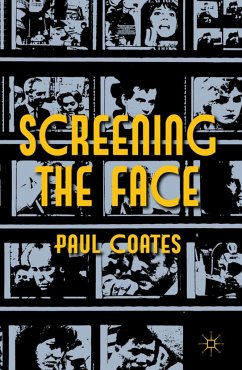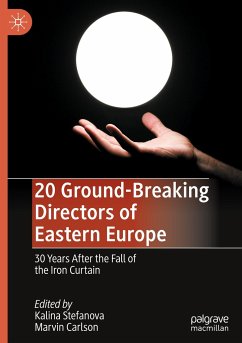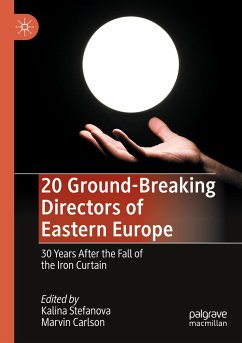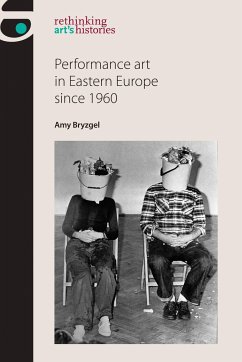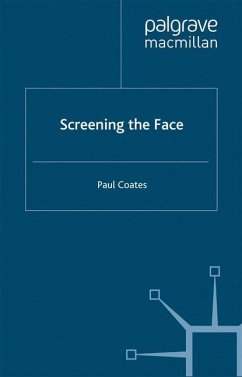
Screening Eastern Europe
The Representation of Urban Landscapes in Post-Communist Central and Eastern European Cinema
Versandkostenfrei!
Versandfertig in 6-10 Tagen
32,99 €
inkl. MwSt.

PAYBACK Punkte
16 °P sammeln!
The sudden end of communism in Eastern Europe in 1989 marked the beginning of political unrest and existential uncertainties. The cinematic landscape of the region was greatly affected by this transformation and production slowed down after the Velvet Revolution. However, a number of young directors emerged in the next two decades, who would produce films that still offered something distinctly Eastern European. Focusing on the city as the centre of social change, this book introduces some major works of this era and explores how certain aspects of Eastern European life have been represented i...
The sudden end of communism in Eastern Europe in 1989 marked the beginning of political unrest and existential uncertainties. The cinematic landscape of the region was greatly affected by this transformation and production slowed down after the Velvet Revolution. However, a number of young directors emerged in the next two decades, who would produce films that still offered something distinctly Eastern European. Focusing on the city as the centre of social change, this book introduces some major works of this era and explores how certain aspects of Eastern European life have been represented in cinema since 1989, including urban migration, post-communist realities and the loss of identity. "Screening Eastern Europe" is an ideal introduction to the cinematic landscape of the so-called "New Europe" - the perfect guide for anyone wanting to explore the cinema as well as the social changes of one of the most diverse regions in the world.




